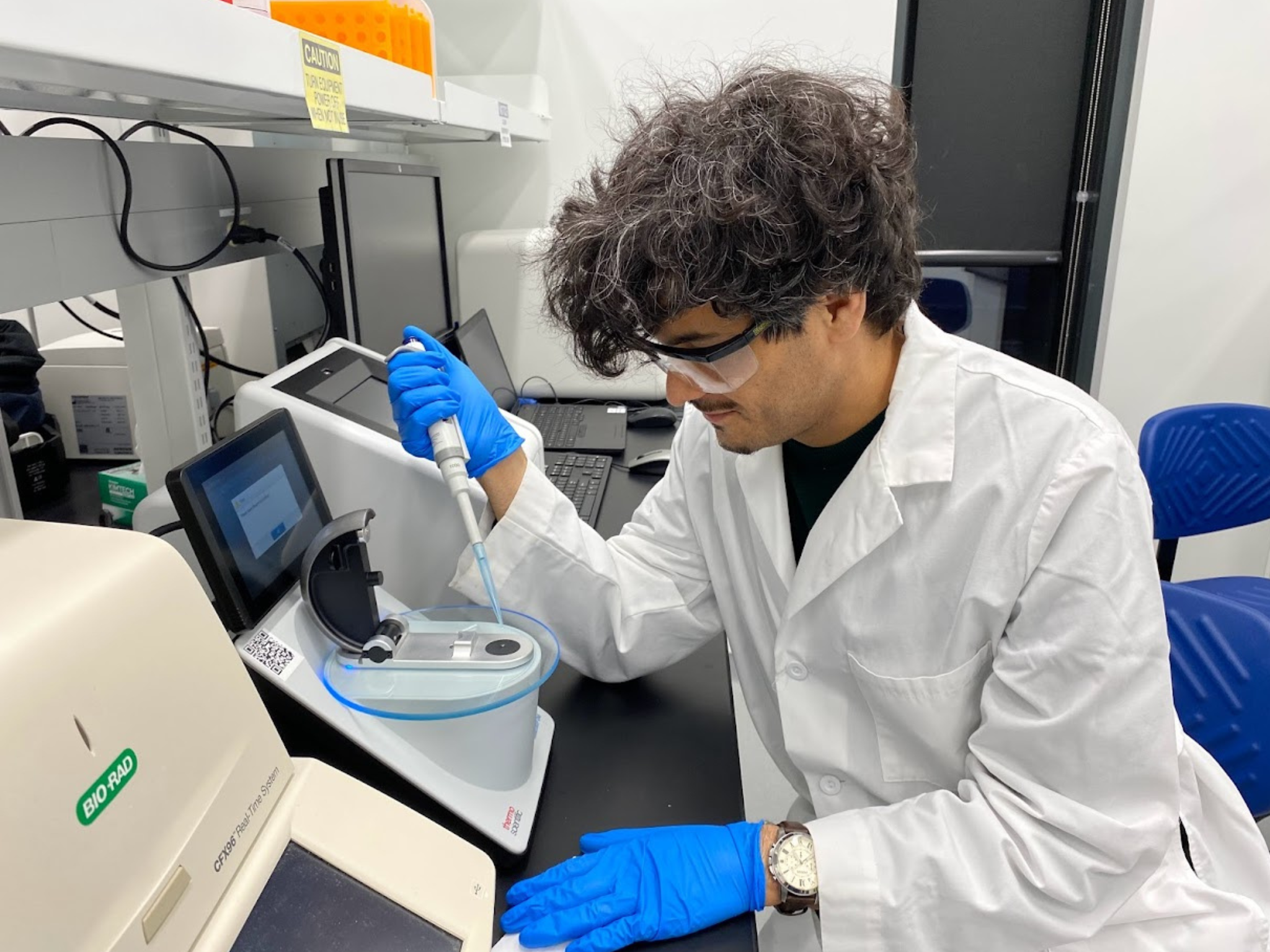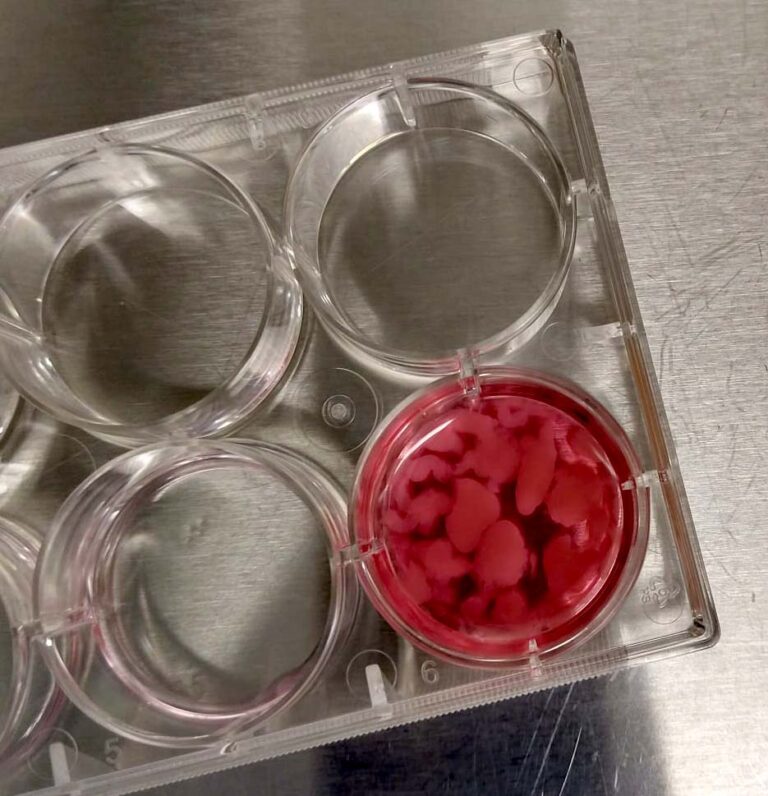
Meat analogue maker The Better Butchers has signed a letter of intent with Genuine Taste, a student-founded cultivated fat startup, to develop hybrid meat.
Ahead of its impending acquisition by Canadian cellular agriculture group Cult Food Science, Vancouver-based The Better Butchers is already making moves to advance its mission to produce future-friendly meat products.
The meat alternative firm has signed a letter of intent with Toronto startup Genuine Taste, which makes cultivated fat from animal cells, and will supply the ingredient to The Better Butchers for product development and sampling purposes.
The two entities will jointly create hybrid meat – a blend of cell-cultured ingredients with plant-based or fermentation-derived proteins – using the cultivated beef fat and The Better Butchers’s mycelium meat.
Genuine Taste working with ‘global food corporation’

The Better Butchers says it’s one of the first companies to get access to Genuine Taste’s cultivated fat, which closely mirrors the characteristics of conventional animal fat.
Genuine Taste was founded by biophysicist Pooya Mamaghani and University of Toronto civil engineering student Emily Farrar in 2022. To produce the beef fat, they take stem cells from a cow, which are differentiated into fat cells, combined with nutrients and salt, and left to multiply.
The fat can be produced at mass scale in bioreactors, and then be combined with other ingredients to produce meat alternatives that better match the taste, texture and functionality of conventional meat.
Currently, the startup is at benchtop scale. “I have… tasted it. I haven’t cooked with it, though, because it’s a very, very precious resource at the scale we are producing it,” Farrar said in an interview with her university in June.
She revealed that Genuine Taste has sent a sample to an academic team at the University of Guelph, which specialises in alternative fats, for third-party feedback. Additionally, it has sold its first sample to a “global food corporation”, which is testing the ingredient as part of a burger.
The startup has raised $175,000 from investors including Cycle Momentum, Startup Montreal, Big Idea Ventures, Antler, and Treefrog Accelerator. And just this month, it received C$100,000 ($69,500) after winning the Top Venture and People’s Choice Awards in the 2024 Invest Together in Climate Innovation programme.
It is among a number of startups working with cultivated fats, joining the likes of Hoxton Farms, Mission Barns and Steakholder Foods, among others.
The Better Butchers taps into hybrid meat opportunity

The Better Butchers says the cultivated fat will enhance the taste and texture of its product offerings, as well as maintain the functional properties of beef fat, such as its fatty acid profile, melting point and texture.
The partnership is among its efforts to collaborate with “cutting-edge companies” that use precision fermentation and cellular agriculture to create hybrid meat, alternative fats, and other premium ingredients. It aims to develop “high-end butcher-shop staples” like burgers, bacon and sausages, but with a fraction of the land, water and greenhouse gas emissions.
Its current lineup includes minced meat in natural, Italian and chorizo flavours – the latter won Product of the Year at BC Food & Beverage’s 2024 Rise Awards. It is also working with McMaster University in a four-year Genome Canada project to develop cultivated meat.
The Better Butchers was established by Celeste Trujillo and Mitchell Scott, who is also the CEO of Cult Food Science, which agreed to acquire the meat analogue maker earlier this month.
“I joined Cult for two main reasons. The breadth and strength of their portfolio companies and their focused investment in the cellular agriculture space. Along with their desire to acquire a majority position and build some of the first companies in the space to commercialize these exciting new technologies,” Scott said after the announcement.
“I believe this is a great opportunity for both companies to continue growing and delivering value to their shareholders,” he added.
To many, hybrid meats are the only way for cultivated meat to be commercially viable, given the current challenges with scalability and costs. Most cultivated meat products that have been launched into the market (or are being readied to) are a blend of cell-cultured and plant-based ingredients. Eat Just’s Good Meat chicken, the only such product available in retail, uses just 3% of cultivated cells, demonstrating the importance of hybrid applications.
The post The Better Butchers Teams Up With Student-Led Cultivated Fat Startup to Produce Hybrid Meat appeared first on Green Queen.
This post was originally published on Green Queen.